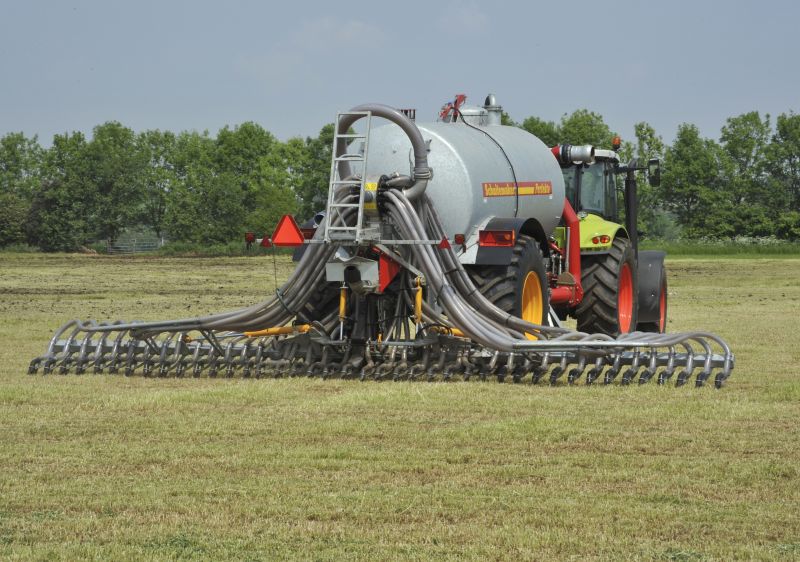'Strict' ammonia rules withdrawn after farmer criticism

Guidance for assessing the impact of ammonia from agricultural planning applications on designated sites have been withdrawn after widespread criticism from farmers.
Northern Irish farming groups criticised the guidance imposed by Shared Environmental Services’ (SES), a body which advises councils.
Opponents of the regulations said they were 'much stricter' than the Northern Ireland Environment Agency's rules.
The Ulster Farmers' Union (UFU) applied to take a judicial review on the matter of guidance, issued last year, receiving support from the industry.
The new policy was imposed 'without consultation or proper consideration', the union said, and 'thousands of jobs were put at risk' by the body's decision to implement the guidance.
UFU president Ivor Ferguson said farmers were 'outraged' when the planning rules for assessing ammonia from farm applications were changed 'without warning or discussion with industry'.
He said changes to the original policy made it 'virtually impossible' for most farm businesses to meet the SES thresholds.
"Many of our members had already applied for planning or were preparing applications before the guidance was put in place," he said.
"They had made financial commitments and, in some cases, spent thousands of pounds only to be left high and dry.
"The roll out of this would have resulted in the vast majority of farmers across Northern Ireland being unable to build and develop their business had they remained in place."
The UFU initially launched a legal challenge, but SES changed position and decided to withdraw the guidance.
The farming union described this as a 'positive development and good news for farmers'.
Ammonia levels have risen by 22% in Northern Ireland since 2010, compared to 5% in the rest of the UK.








